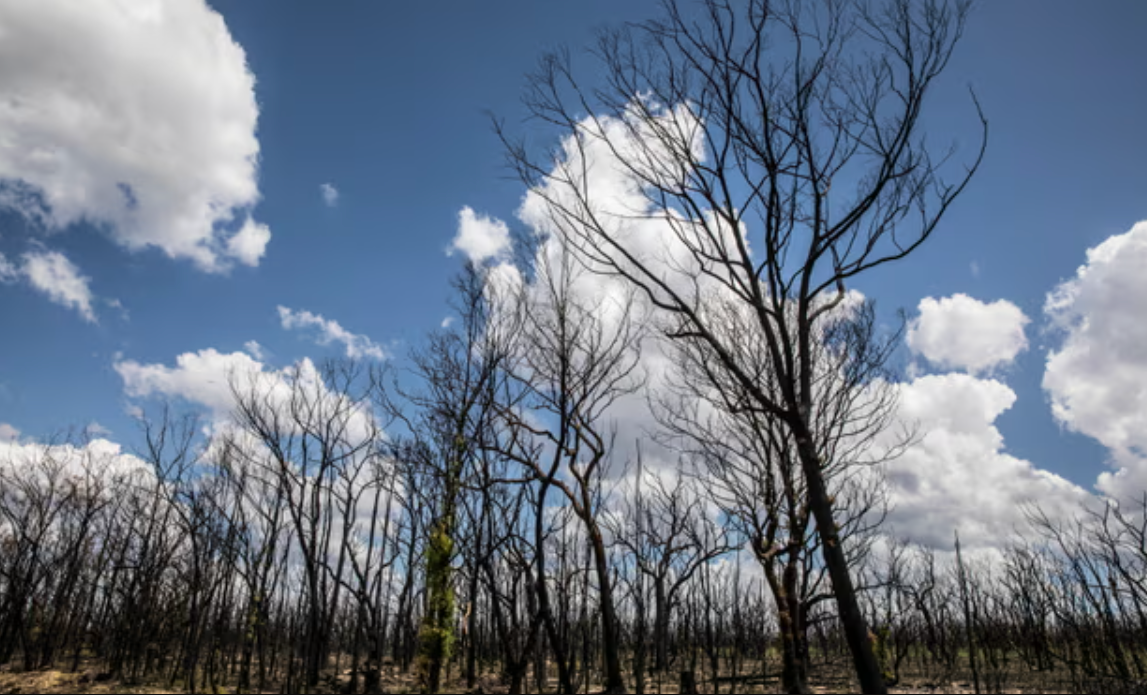
Even at 2C of warming—the upper limit of the Paris Agreement—global GDP per capita could shrink by 16%, compared to previous projections of just 1.4%. With current climate policies projected to lead to 2.1C warming, experts warn that governments must urgently reassess economic risks.
Why Economic Models Have Been Wrong About Climate Change
For decades, policymakers have relied on integrated assessment models (IAMs) to evaluate the economic consequences of climate change. However, critics argue these models have failed to account for cascading supply chain disruptions triggered by extreme weather events.
The new study, led by Dr. Timothy Neal from the University of New South Wales, adjusted an IAM to include real-world climate risks—such as droughts, floods, and wildfires—and found the economic damage is far greater than previously assumed.
"In a hotter future, we can expect global supply chain disruptions triggered by extreme weather events worldwide," Neal said.
Prof. Andy Pitman, a co-author of the study, emphasized that economic models must focus on extreme climate events, not just gradual warming.
"It's in the extremes when the rubber hits the road. It isn't about average temperatures," he said.
No Country Will Be Spared
Some economists have previously suggested that warmer climates could benefit cold regions such as Canada, Russia, and Northern Europe by expanding agricultural opportunities. However, the study's authors argue that no country will be immune, as global trade links economies together.
"Climate change is not just about how hot it gets in one place; it's about how that heat disrupts economies everywhere," Neal said.
Prof. Frank Jotzo, a climate policy expert at the Australian National University, who was not involved in the study, said traditional models assume that if farming collapses in one area, another region will compensate. However, this overlooks the complex interdependencies of the global economy.
The Urgent Case for Climate Action
Experts warn that outdated economic risk assessments have downplayed the urgency of climate action. A report by the Institute and Faculty of Actuaries found previous analyses failed to account for tipping points, extreme events, migration, sea level rise, and geopolitical risks.
Mark Lawrence, a professor at the University of Adelaide and former financial risk manager, said the study's findings are not only credible but may underestimate the true economic devastation of climate change.
"If anything, I believe the economic impacts could be even worse," he said.
With new evidence showing that urgent climate policies could prevent massive economic losses, researchers stress that governments must act swiftly to cut emissions and restructure economies before the worst impacts of global heating take hold.